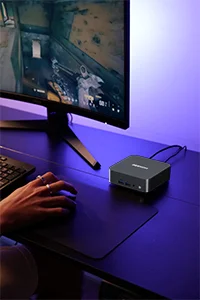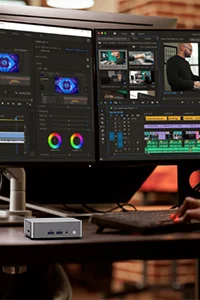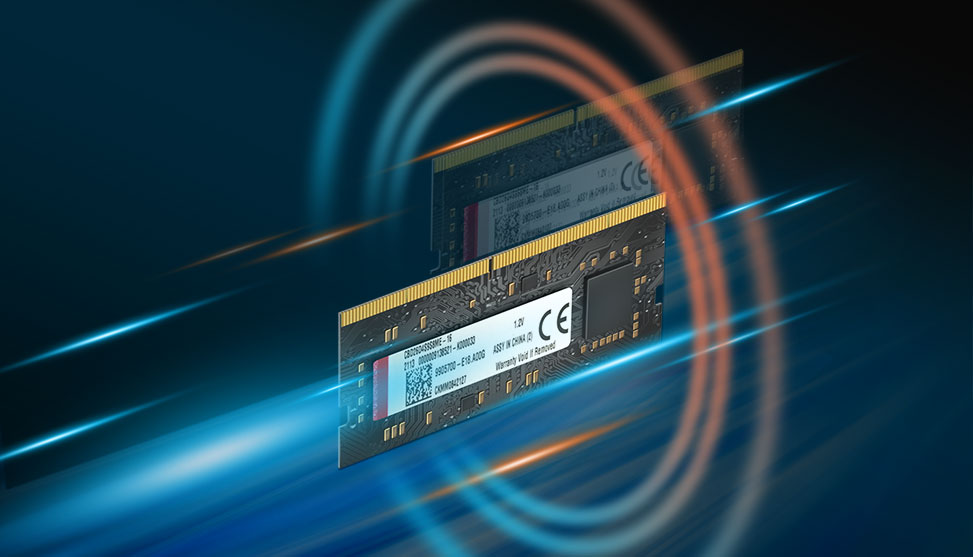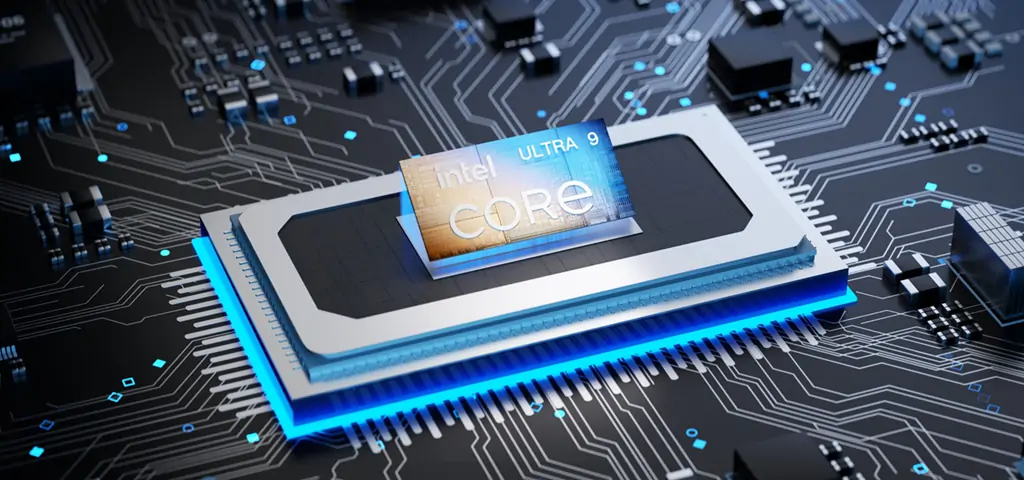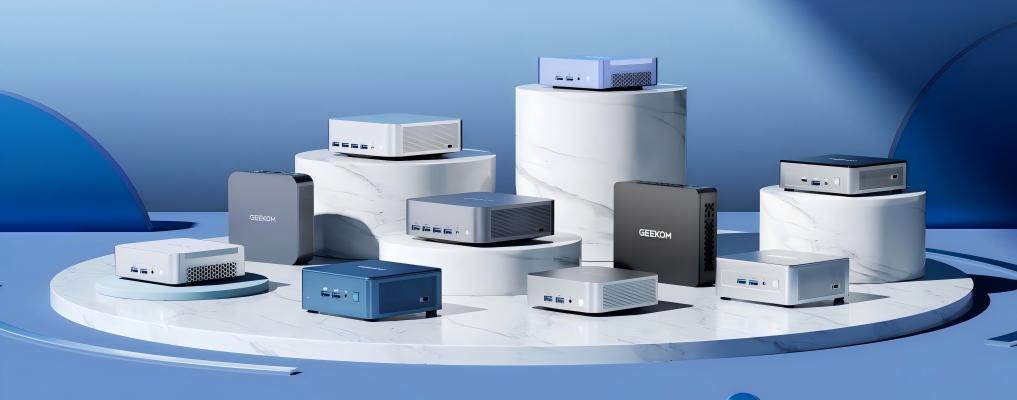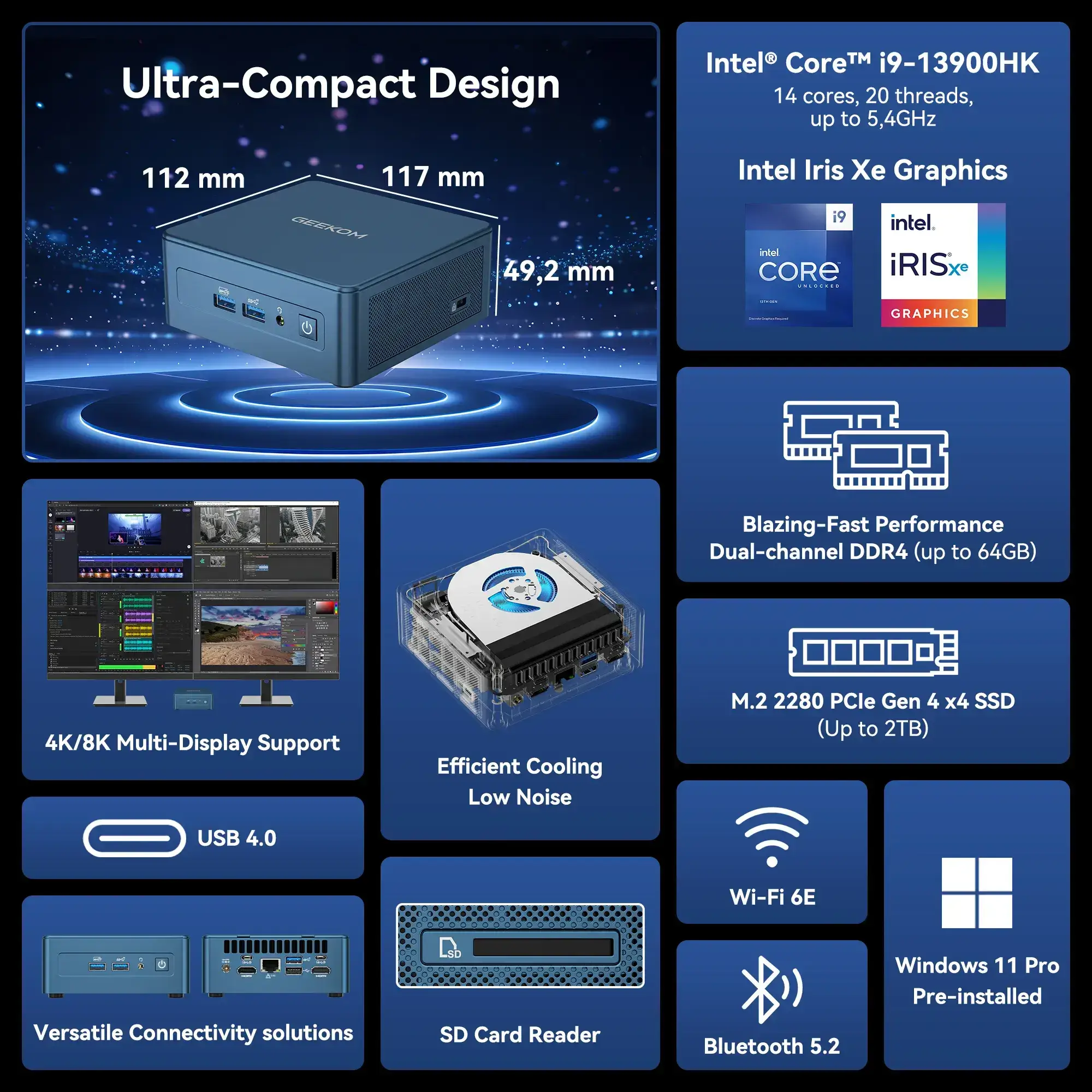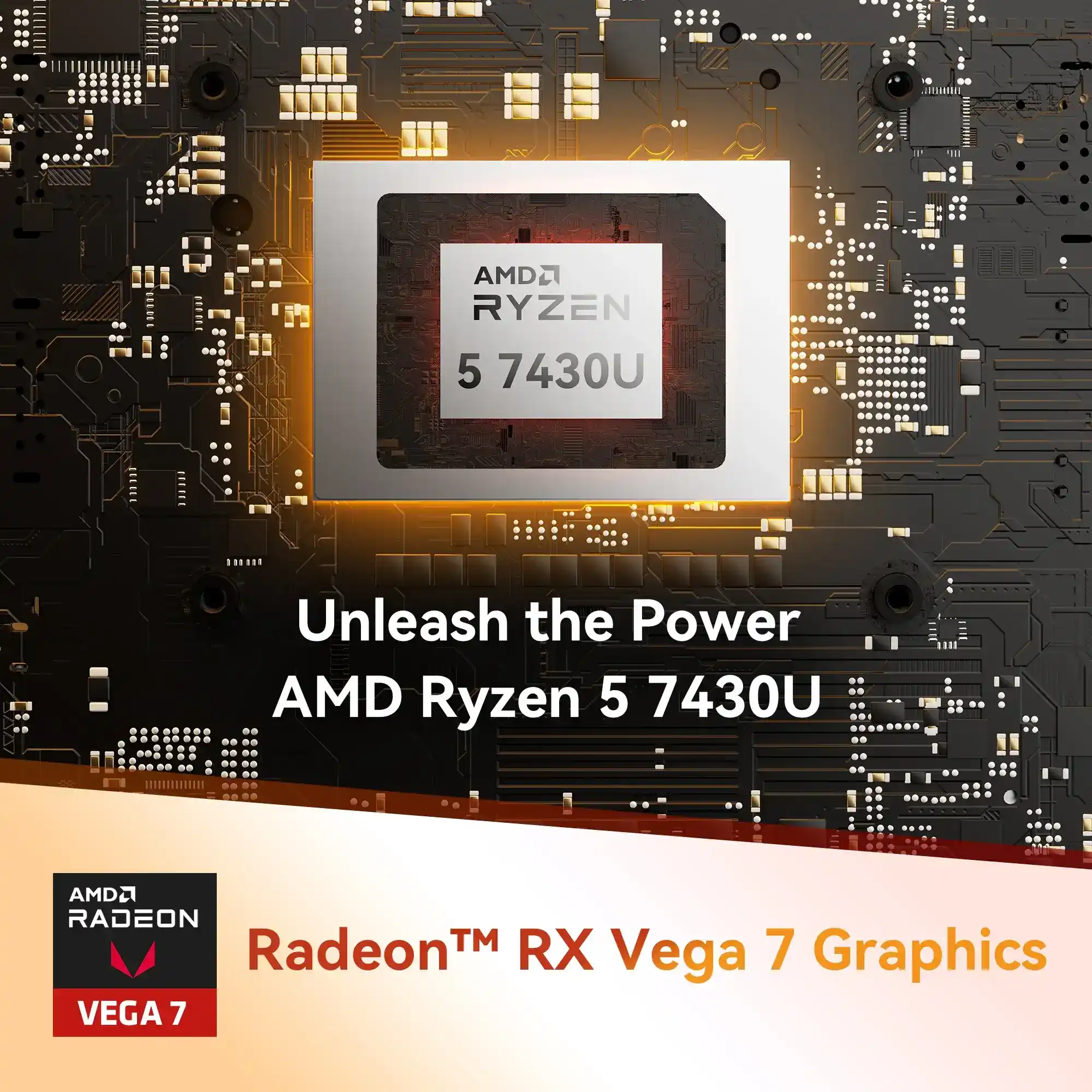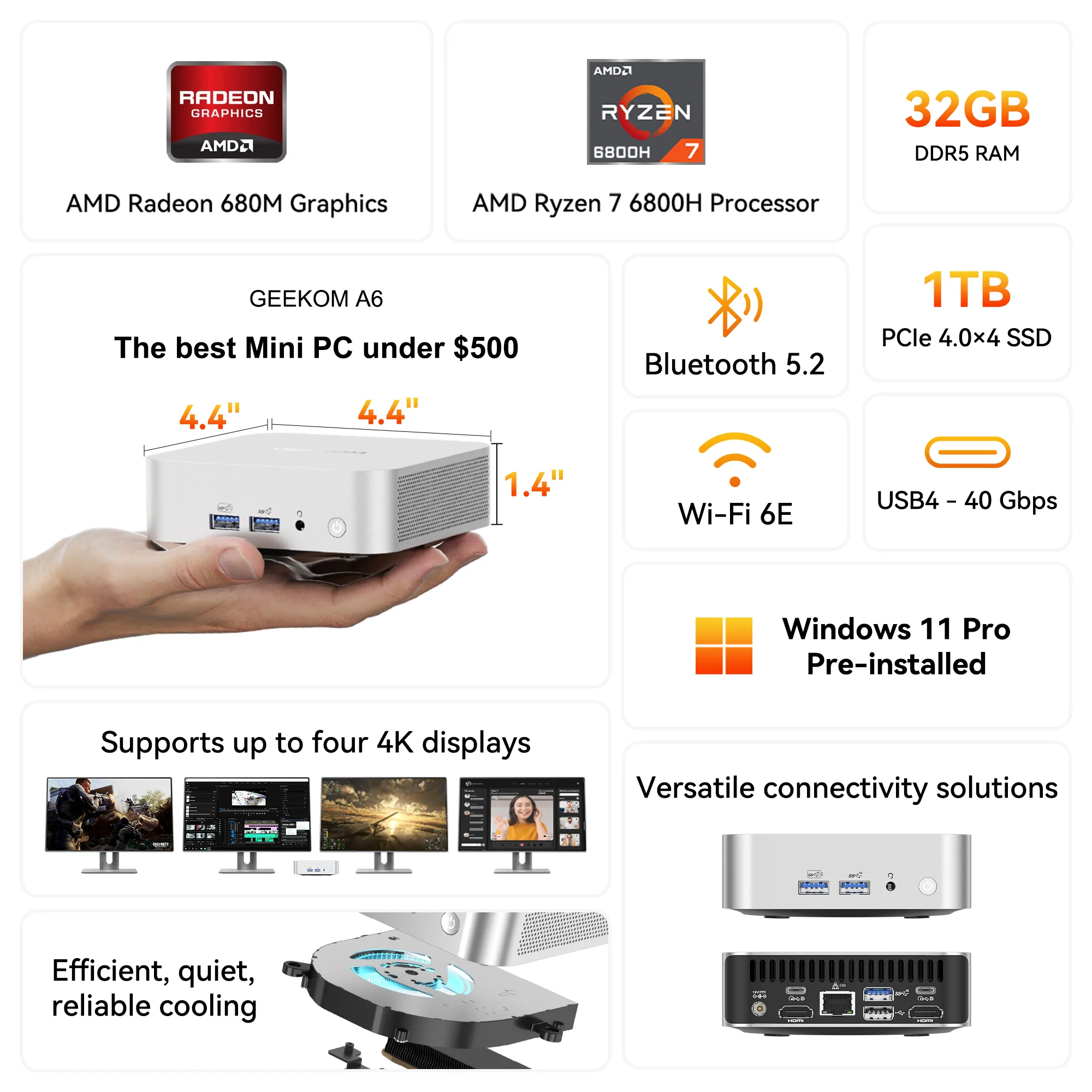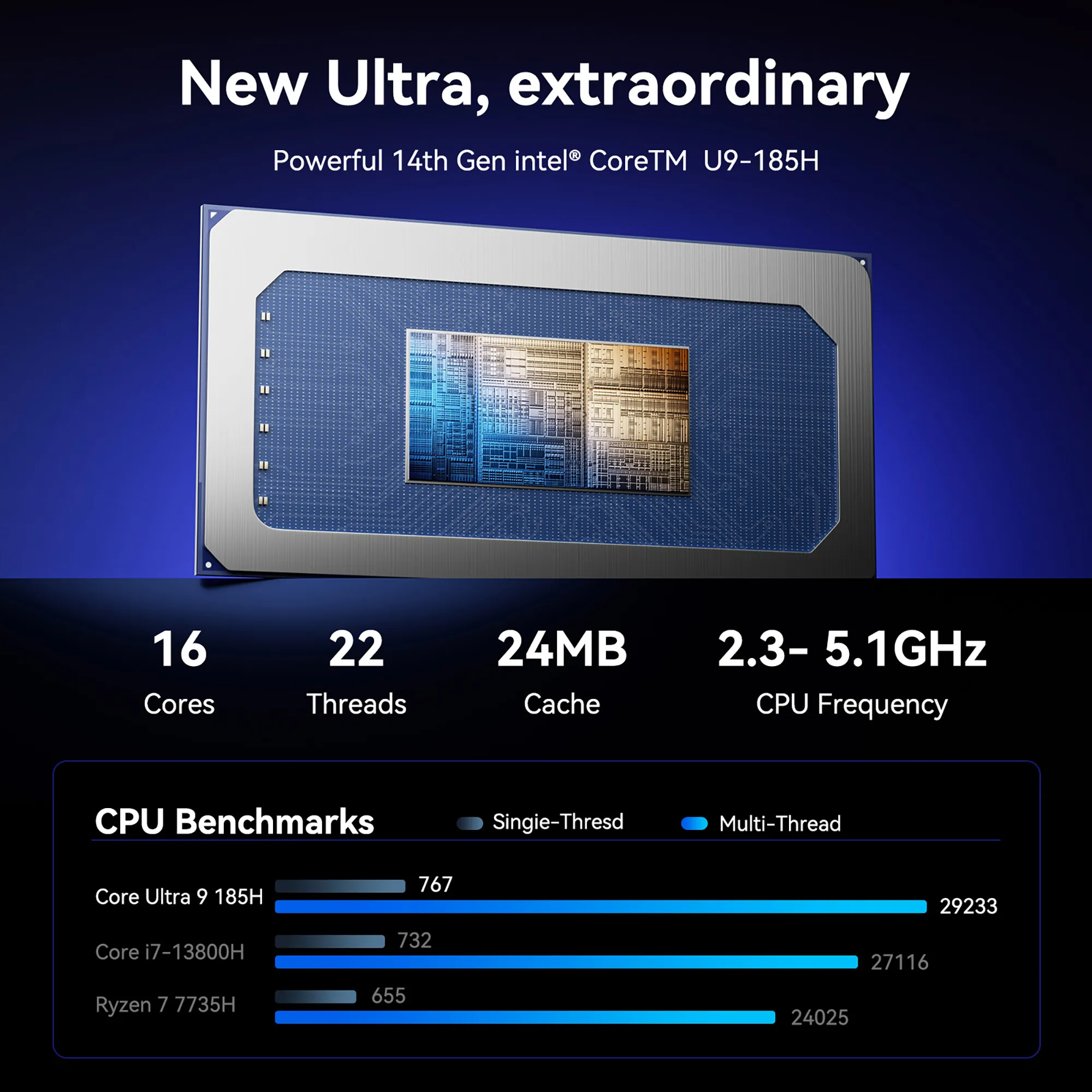In computers, RAM is organized into channels, which refers to the way that the memory is accessed by the CPU. A channel is a separate pathway that allows the CPU to access the memory. There are two common types of RAM channels: single channel and dual channel.
Definition of Dual Channel and Single Channel Memory
Single-channel RAM refers to a configuration in which there is only one channel for the CPU to access the memory. This means that the CPU can only access one memory module at a time, which can slow down the overall performance of the computer.
Dual-channel RAM refers to a configuration in which there are two channels for the CPU to access the memory. This allows the CPU to access two memory modules at the same time, which can improve the overall performance of the computer. Dual-channel RAM is generally faster than single-channel RAM, but it also tends to be more expensive.
How to Tell Single vs Dual Channel RAM?
There are a few ways to determine if your computer is using single or dual-channel memory:
- Check the documentation or specifications for your motherboard or computer to see if it supports dual-channel memory.
- Check the memory slots on your motherboard. If there are two or four memory slots and they are the same colour, then your motherboard supports dual-channel memory.
- Check the memory modules themselves. Dual-channel memory sticks will usually be sold in pairs and will have matching product codes or part numbers.
- Check the operating system. Some operating systems, such as Windows, will display the type of memory configuration in the Task Manager or System Information window.
- Check the performance of your computer. If you notice a significant improvement in performance after upgrading your memory, it is likely that you were previously using single-channel memory and have now upgraded to dual-channel.
Benefits of Dual Channel Memory
Dual-channel RAM refers to a configuration in which a computer’s memory controller is set up to access two memory channels instead of just one. This can provide several benefits, including:
Increased bandwidth:
Dual-channel configuration can provide a significant increase in memory bandwidth, which is the rate at which data can be transferred between the RAM and the processor. This can lead to faster system performance, particularly in tasks that rely on quick access to large amounts of data.
Improved multitasking:
Dual-channel RAM can allow a computer to process multiple tasks at the same time more efficiently, improving overall system performance and responsiveness.
Enhanced gaming performance:
Many modern games require a lot of memory to run smoothly, and a dual-channel configuration can provide the extra bandwidth needed to run these games at high frame rates.
Better energy efficiency:
In some cases, using dual-channel RAM can result in lower power consumption and less heat generation, which can be beneficial for laptops and other devices that rely on battery power.
It’s worth noting that not all systems will see a significant benefit from using dual-channel RAM, and the actual performance boost can vary depending on the specific hardware and software being used. In general, however, a dual-channel configuration can provide a noticeable improvement in system performance for many users.
| Feature | Single-Channel | Dual-Channel |
|---|---|---|
| Number of memory sticks | 1 | 2 |
| Data transfer rate | Lower | Higher |
| Capacity | Limited | Greater |
| Cost | Lower | Higher |
| Performance | Lower | Higher |
How Much Faster Is Dual Channel vs Single Channel?
It is difficult to provide a specific percentage or amount by which dual-channel memory will be faster than single-channel memory, as the performance difference will depend on a variety of factors such as the specific instructions being processed, the speed and timings of the memory, and the capabilities of the processor.
In general, dual-channel memory can provide a slight performance boost compared to single-channel memory, especially in tasks that involve heavy use of data processing. This is because dual-channel memory allows the processor to access two memory modules at the same time, which can improve the overall speed and efficiency of the system.
Where to Find Dual-Channel RAM?
Many stores that sell computers and related products will have a selection of models that support dual-channel RAM. Some popular stores that may carry computers with dual-channel RAM include Best Buy, Newegg, and Micro Center.
It is important to note that not all models of computers at these stores may support dual-channel RAM, it is important to carefully read the product descriptions and specifications to ensure that the computer you are considering supports dual-channel RAM.
If you are specifically looking for a computer that supports dual-channel RAM, it is worth considering GEEKOM. We offer a wide selection of mini computers in various configurations and all of our products support dual-channel RAM, so you can find a model that meets your specific needs.














